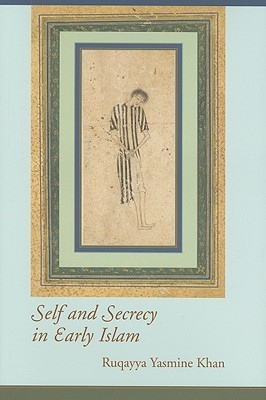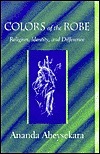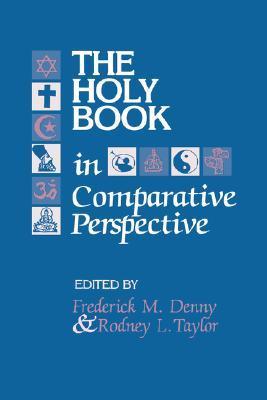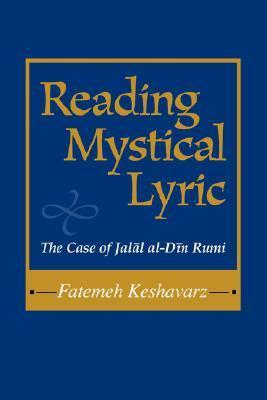
Part of Series
An original inquiry into the meanings of concealment and revelation in early Arabo-Islamic texts In this comparative analysis of the significance of keeping and revealing secrets in early Islamic culture, Ruqayya Yasmine Khan draws from a broad range of Arabo-Islamic texts to map interconnections between concepts of secrecy and identity. In early Islamic discourse, Khan maintains, individual identity is integrally linked to a psychology of secrecy and revelation―a connection of even greater importance than what is being concealed or displayed. Khan further maintains that secrecy and identity demarcate boundaries for interpersonal relations when governed by the cultural norms of discretion espoused in these texts. As evidence for her study, Khan explores religious and literary representations of secrecy in classical texts as diverse as the Qur'an, the Book of Concealing the Secret and Holding the Tongue by al-Jahiz, and courtly love poems, including the story of Majnun and Layla. These works represent divergent approaches to spiritual, ethical, and romantic life in early Islam; yet Khan extrapolates from each a shared construction of secrecy and revelation. In advancing our understanding of the dynamic tensions between secrecy and revelation as depicted in these early Arabo-Islamic discourses, Khan illustrates that the creation of individual identity and subjectivity was inherently tied to these same tensions. The resulting analysis opens new vistas for understanding the meanings of secrecy in Islamic studies, Qur'anic studies, Islamic philosophy and mysticism, Arabic literary studies as well as European intellectual history.


